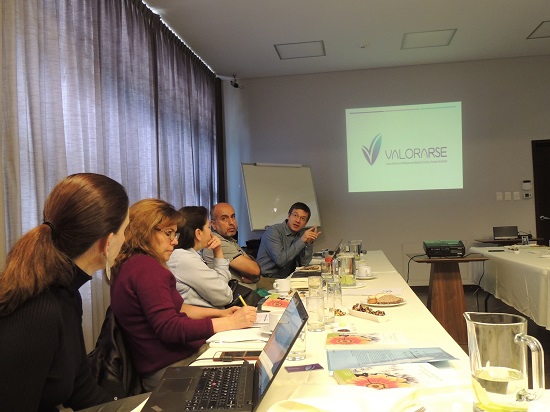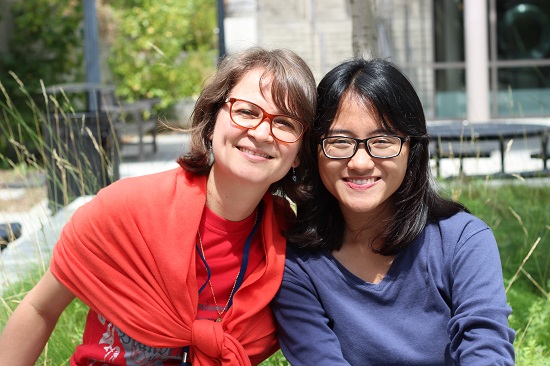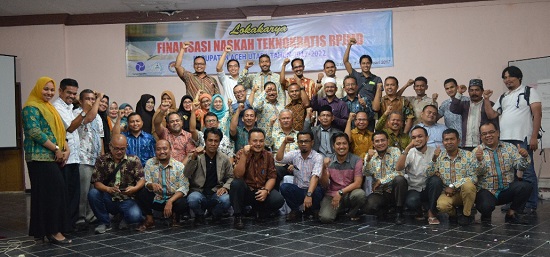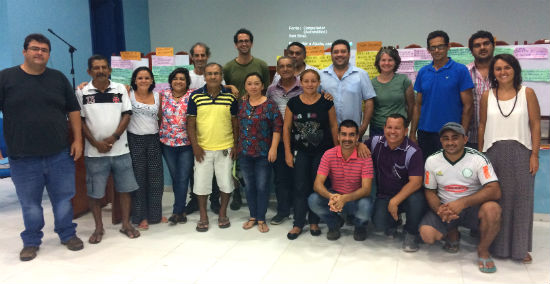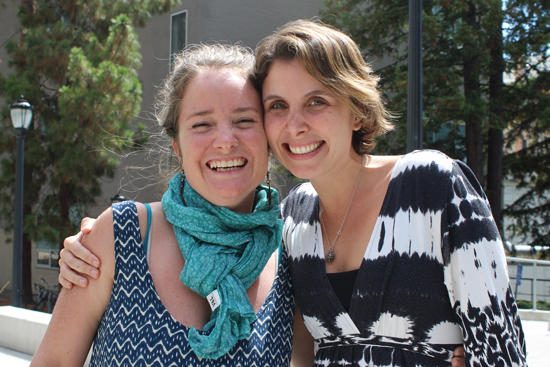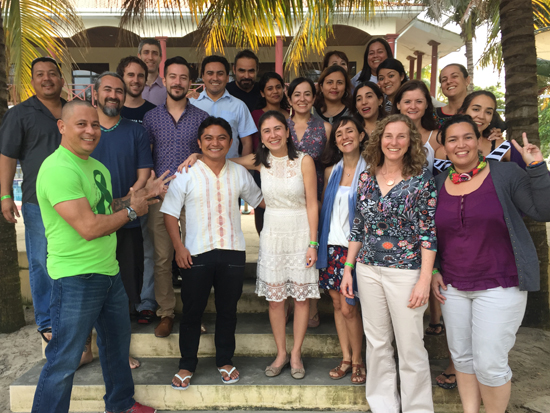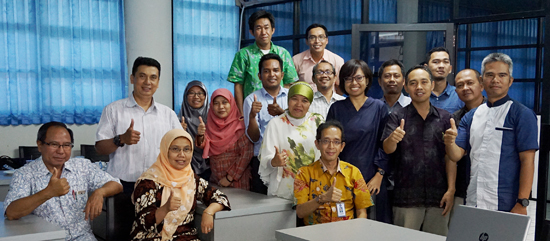News
CSF Director Técnico de Latinoamérica, Alfonso Malky, presentando en el evento
Participants during an interactive game. Photo: Bappeda Kalimantan Tengah
Participants Ximena Villagrán from Guatemala and Rianti Pangastuti from Indonesia enjoying the sunshine during a class break
Foto: Ana Gabriela Gómez Arancibia,Mesa de trabajo en el curso Incentivos Económicos para la Conservación de la Naturaleza. Santa Cruz de la Sierra - Bolivia.
Photo: Desta PratamaWith the support of The Asia Foundation, CSF led the facilitation of a scenario planning process for sustainable development in North Aceh. The scenario planning workshops were attended by 60 people representing the legislative branch, CSOs, government agencies, religious and cultural groups, and women’s groups. Twelve facilitators (six each from CSOs and government agencies) helped the process after a training from CSF.
Participants and organizers of the RECABAAM modeling workshop.
CSF is proud to have trained nearly 3000 professionals around the world through our capacity-building programs. Our alumni are academics, government officials, biologists, lawyers, park rangers, NGO program officers, and others - all working to find solutions to environmental problems that work for people and nature. The economic tools CSF offers are often only one piece of the puzzle for these dedicated conservationists.Several of our alumni have recently been accepted to prestigious programs and top universities. We would like to take this opportunity to recognize their achievements, and wish them the best of luck in their next step as growing leaders.
Reunión en Peñas Blancas, Parque Farallones del Cali. Foto: Carlos SolísColombia es actualmente uno de los países con mayor biodiversidad del planeta. Esta riqueza está representada en 59 áreas naturales, las cuales son administradas por el Sistema de Parques Nacionales Naturales de Colombia (SPNNC). ElSPNNC está apostando por la implementación de esquemas de Pagos por Servicios Ambientales (PSA), a fin de estimular la conservación, preservación y restauración de los ecosistemas.
MAR-L Fellows with course organizers and instructors. Photo credit: FMCN
MFP Finalists at the January Workshop in Bogor. Photo credit: Adil Firdaus
We are pleased to announce the 2017 Indonesia Marine Fellows! Congratulations to the six selected candidates:
Reny Puspasari
Climate Variability Impact To Sardine Fisheries In Bali Strait and Its Economic Consequences
Widhya Nugroho Satrioadjie
Investment in obtaining information of unreported catch and FADs: preparation/compliance on traceability fisheries system
Akhmad Solihin

